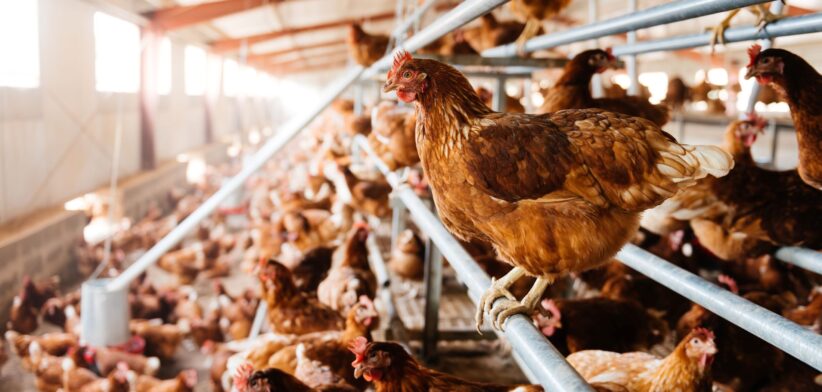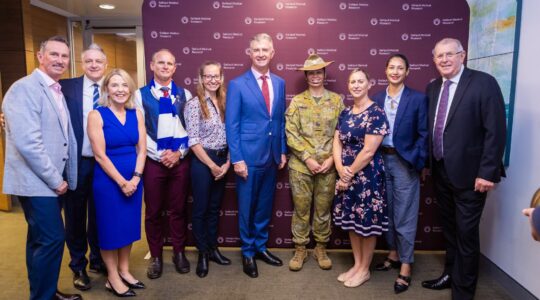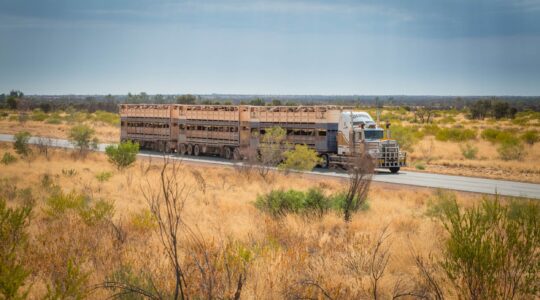The rapid global spread of a dangerous strain of avian flu has prompted a $95 million boost to efforts to prevent it from arriving in Australia.
Federal Agriculture Minister Julie Collins said Australia was the only continent that remained free from the high pathogenicity avian influenza (HPAI) H5N1.
Minister Collins said its rapid spread around the world had led to significant impacts in poultry, wild birds and some mammal species, including respiratory illness, reduction in egg production and sudden death.
She said an extra $95 million would be invested to further prepare and protect Australia against the strain of avian influenza that carried significant risks to our agricultural industries, unique wildlife and the national economy.
“This strain of avian influenza presents a real and significant threat to Australia’s agriculture sector.
“Impacts experienced this year from outbreaks of other strains of high pathogenicity avian influenza highlight the importance of continued investment in national preparedness.”
Minister Collins said this week’s funding would see:
- $37 million invested in initiatives to protect Australian agriculture, including:
- $15 million to increase national biosecurity response capability and improve surveillance with key partners including the states and territories.
- $5 million to boost biosecurity and scientific capability, including procuring vaccines for use in some captive threatened bird species.
- up to $10 million invested in nationally coordinated communications to ensure the Australian community is informed, prepared and protected.
- $7 million to enhance wild bird surveillance activities through Wildlife Health Australia, to improve early detection and reporting capacity.
- $35.9 million invested to boost environmental measures and accelerate protective action for threatened species and priority biodiversity. That work includes supporting state and territory governments to boost preparedness planning for our most vulnerable species and places and key conservation partners to improve protections for precious captive populations of threatened species.
Federal Health Minister Mark Butler said $22.1 million would be spent to strengthen public health preparedness by increasing the number of ready-to-use pandemic flu vaccines in the National Medical Stockpile.
Minister Butler said the interim Australian Centre for Disease Control was focused on ensuring Australia was as prepared as possible for any potential case of human infection.
“Although human infections with avian influenza viruses are rare and the current risk to the Australian population remains very low, there is no room for complacency,” he said.








